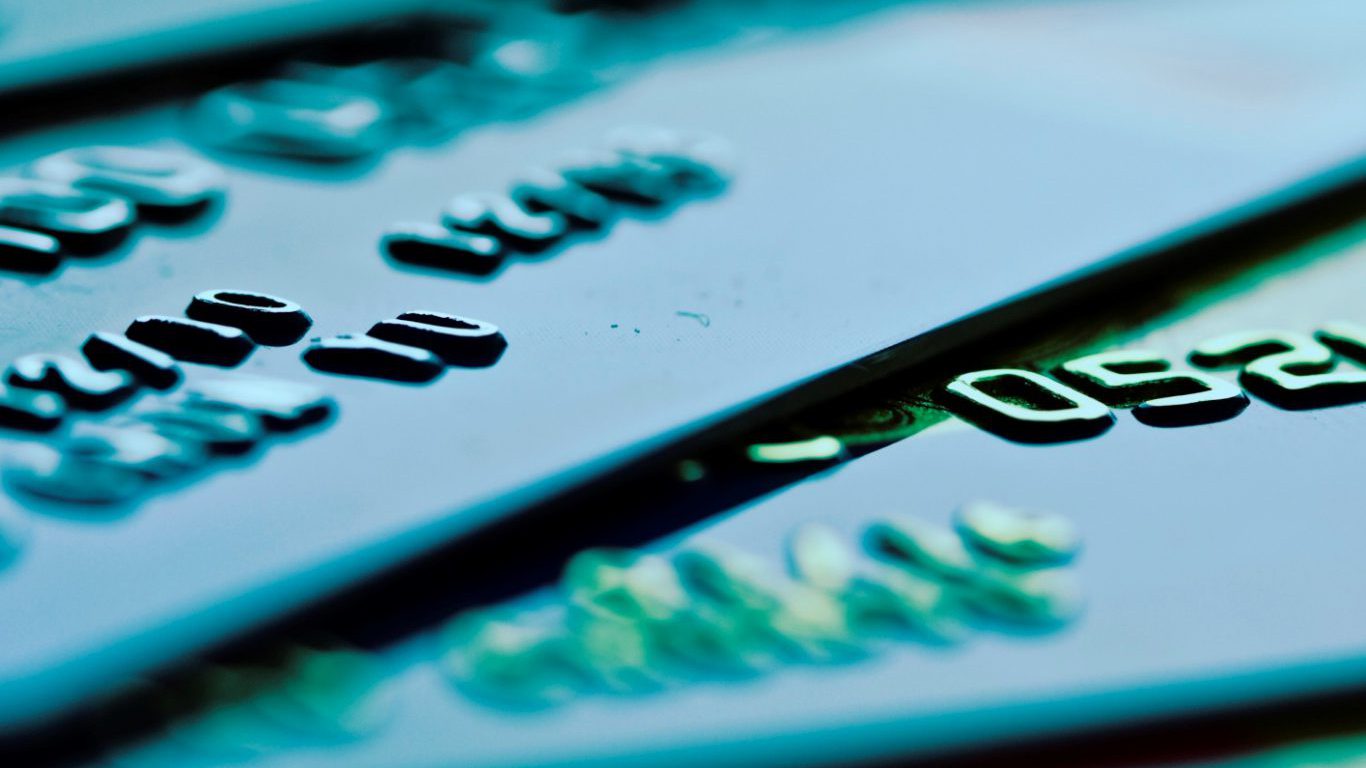
Credit card companies could be some of the best performing large cap stocks come 2016. Visa Inc. (NYSE: V), American Express Co. (NYSE: AXP), MasterCard Inc. (NYSE: MA) and Discover Financial Services (NYSE: DFS) should all be on investors’ radar for the coming year. Here’s why.
When the Federal Reserve raised its target rate to a range of 0.25% and 0.50% last week, what most media outlets failed to mention was that the new range was limited to what’s called required reserves. Much neglected was the fact that the Fed also raised the rate it pays banks to hold their excess cash from 0.25% to 0.50%. The importance of this second interest rate raise cannot be understated, because there are over $2.5 trillion of excess reserves already sitting at the Fed, a byproduct of the massive quantitative easing operations undertaken since the 2008 financial crisis.
These are two totally different rates. The rate on required reserves is what Federal Reserve member banks charge one another for overnight loans in order to meet daily reserve requirements. The rate on excess reserves is the rate at which the Federal Reserve itself pays banks to keep cash there and effectively out of the circulating money supply. In other words, out of the economy.
Why did the Fed raise rates on excess reserves as well as required reserves? Because if the rate on required reserves exceeds the rate on excess reserves, then that $2.5 trillion will start flying out of excess and into the economy in order to profit from the spread between the two rates. And that would mean an exploding money supply that could get out of control, resulting in high price inflation.
[ims_survey]
The significance of this for stocks is that if interest rate liftoff has indeed begun, then at some point possibly in the coming year, the rate on required reserves somewhere along the rate curve will exceed the rate on excess reserves, and the extra money will begin to flood into the economy. That will lead to a booming stock market, as expanding money supply tends to do. So why credit card companies specifically?
The second piece of the puzzle is money velocity. This is a rough measure of how fast money changes hands between economic actors, or the inverse of the desire to hoard cash rather than spend it. Obviously, the faster money changes hands, the more money credit card companies make, because they take a fee on each transaction. A maximum term chart of money velocity going back to 1959 shows that money velocity has never been lower since measurements began.
Despite the fact that money velocity has collapsed since 1997, and especially so since 2008, credit card companies have done extremely well since the 2009 bear market bottom. This is mostly because money supply has increased enough absolutely to counteract the slowdown in velocity. However, a fortiori, if credit card companies are doing well during the lowest velocity rate ever, they will do even better when velocity rises.
If money comes out of excess reserves in any significant quantity this coming year, then money velocity will start to rise and people will spend faster, giving a windfall to credit card companies.
Focusing in a bit on the companies themselves, all of them have vastly outperformed the S&P 500 since March 2009. As for how they may perform relative to one another in 2016, we can say the following. Visa’s top line is up 18% since 2012, and bottom line by 27%. Visa shares are up 162% in the same timeframe. American Express, whose stock has struggled mightily this year, has had top-line growth of only 6.6%, but surprisingly better earnings growth of 31%, and shares are only up 28% since 2012. That American Express is underperforming Visa by such a wide margin despite better earnings growth over the past five years signals that Amex shares have some catching up to do in 2016.
MasterCard’s top and bottom lines are the best of the four since 2012, and it is still underperforming Visa. Discover has had the least impressive numbers in the past five years, with the top line only up 7% and earnings down 1%.
The conclusion is that while all four credit card companies could perform nicely in 2016 given the monetary circumstances, American Express and MasterCard look set to outperform Visa this year, while Discover could go either way, considering its stagnant bottom line.
Take Charge of Your Retirement In Just A Few Minutes (Sponsor)
Retirement planning doesn’t have to feel overwhelming. The key is finding expert guidance—and SmartAsset’s simple quiz makes it easier than ever for you to connect with a vetted financial advisor.
Here’s how it works:
- Answer a Few Simple Questions. Tell us a bit about your goals and preferences—it only takes a few minutes!
- Get Matched with Vetted Advisors Our smart tool matches you with up to three pre-screened, vetted advisors who serve your area and are held to a fiduciary standard to act in your best interests. Click here to begin
- Choose Your Fit Review their profiles, schedule an introductory call (or meet in person), and select the advisor who feel is right for you.
Why wait? Start building the retirement you’ve always dreamed of. Click here to get started today!
Thank you for reading! Have some feedback for us?
Contact the 24/7 Wall St. editorial team.





